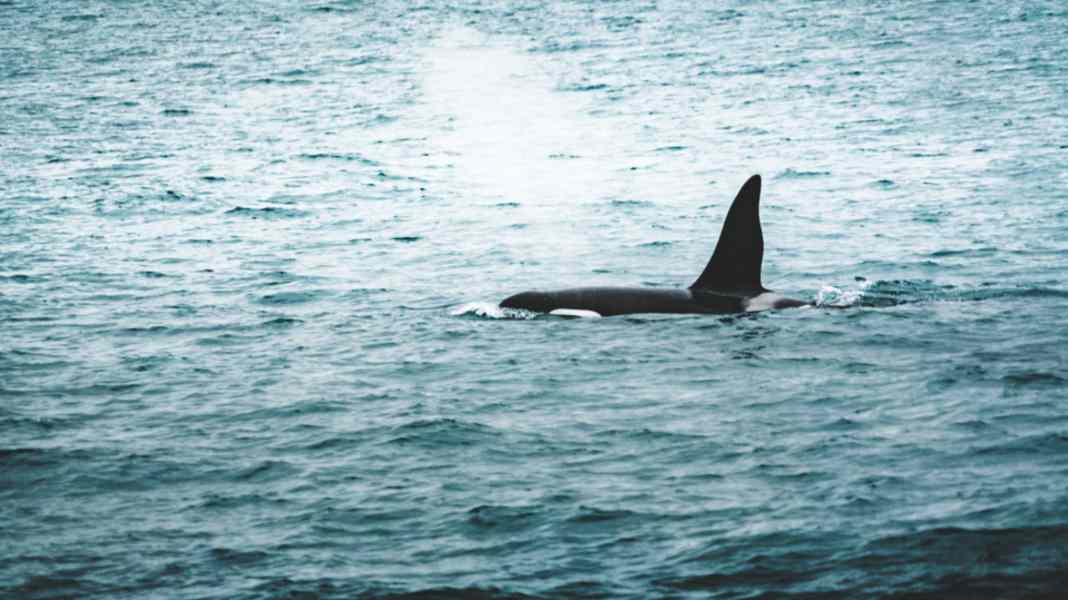
Jens Peter Jeppesen was travelling with his guests on the strait between Danish Zealand and the Swedish west coast and could hardly believe his eyes. As a marine biologist and director of the Øresund Aquarium, he was on a "tuna safari" to observe the spectacular hunting behaviour of these large predatory fish. But suddenly the dorsal fin of an orca appeared alongside the tuna jumping out of the water.
"It was a very strange feeling. It wasn't at all what we were looking for, and my first thought was that it shouldn't even be here. But it was there, and the blood drained completely from my head."
Orca sighting in the Øresund is a sensation
Jeppesen told TV2 that there have been several sightings of killer whales in the Swedish waters of the Kattegat in recent months. Orcas are also occasionally seen in the Skagerrak. In the Øresund, the first sighting of the admired and notorious hunter is a sensation.
There are large quantities of mackerel, herring and garfish in the Danish-Swedish strait. All tasty treats for tuna, which have been back for a few years now. And the Sound acts like a funnel through which these fish have to pass - a perfect hunting ground for the 200-400kg fish, which used to be at the bottom of the food chain. Fishing for tuna is prohibited in the Sound. That can only be good for the orca.
Uncertain future for the intelligent hunter
As the Øresund is a busy shipping lane that is also used by countless sailors and pleasure craft, Jens Peter Jeppesen fears that the swordfish will not become native here: "The area is incredibly busy, and we are worried about whether the animal can even exist in such a busy area. But it's not inconceivable that they can get used to it. We also have harbour porpoises, which are just as shy as the killer whales, and they have become accustomed to the traffic - perhaps because there is so much food."
The marine biologist does not see any danger to humans, as he tells Danmarks Radio: "On the contrary. When I see him again, I jump up to him and ask him if he wants to snorkel with me. You really have to enjoy the experience, but you can't be afraid." There have never been any direct attacks on humans in the wild.
